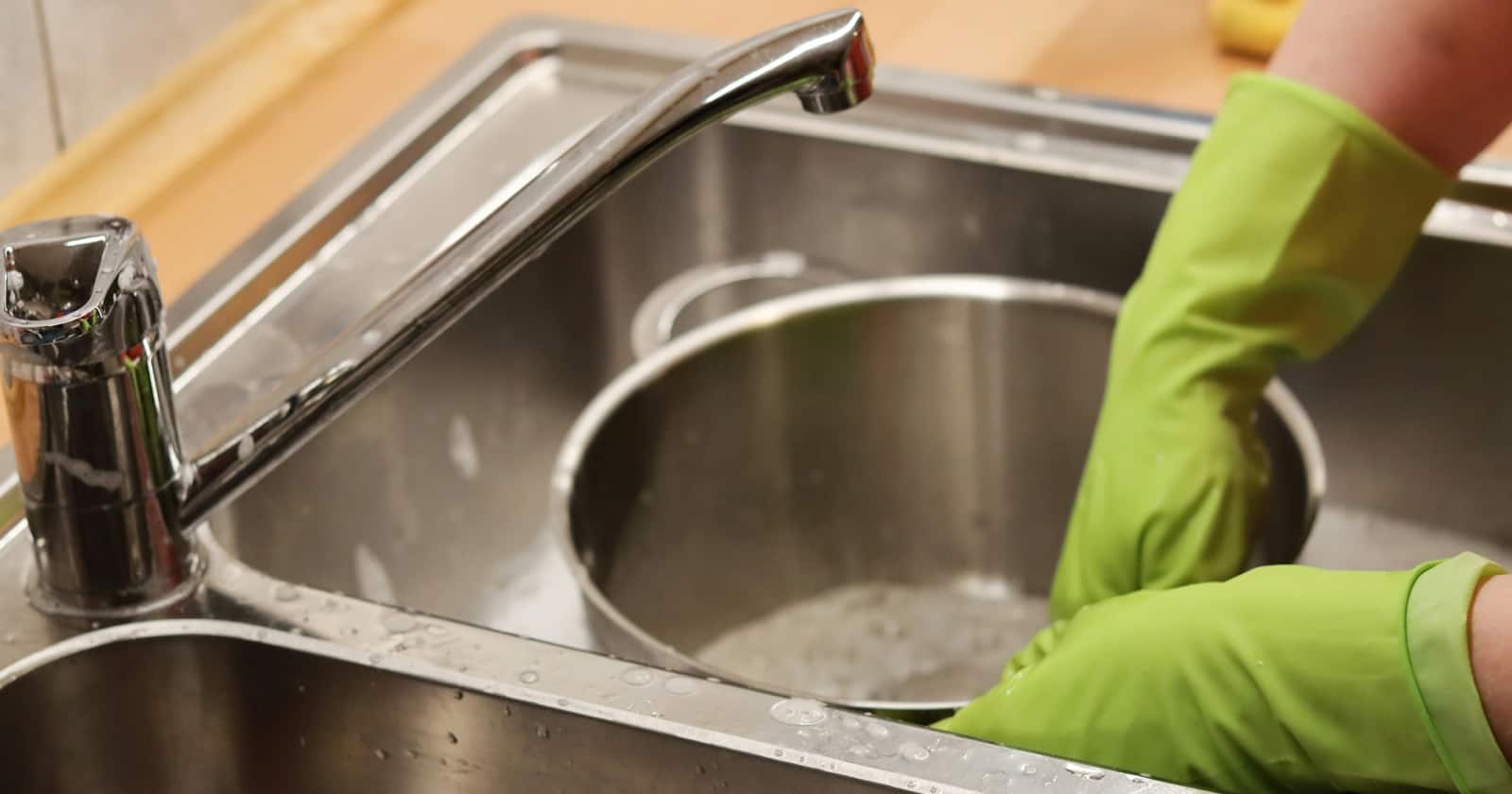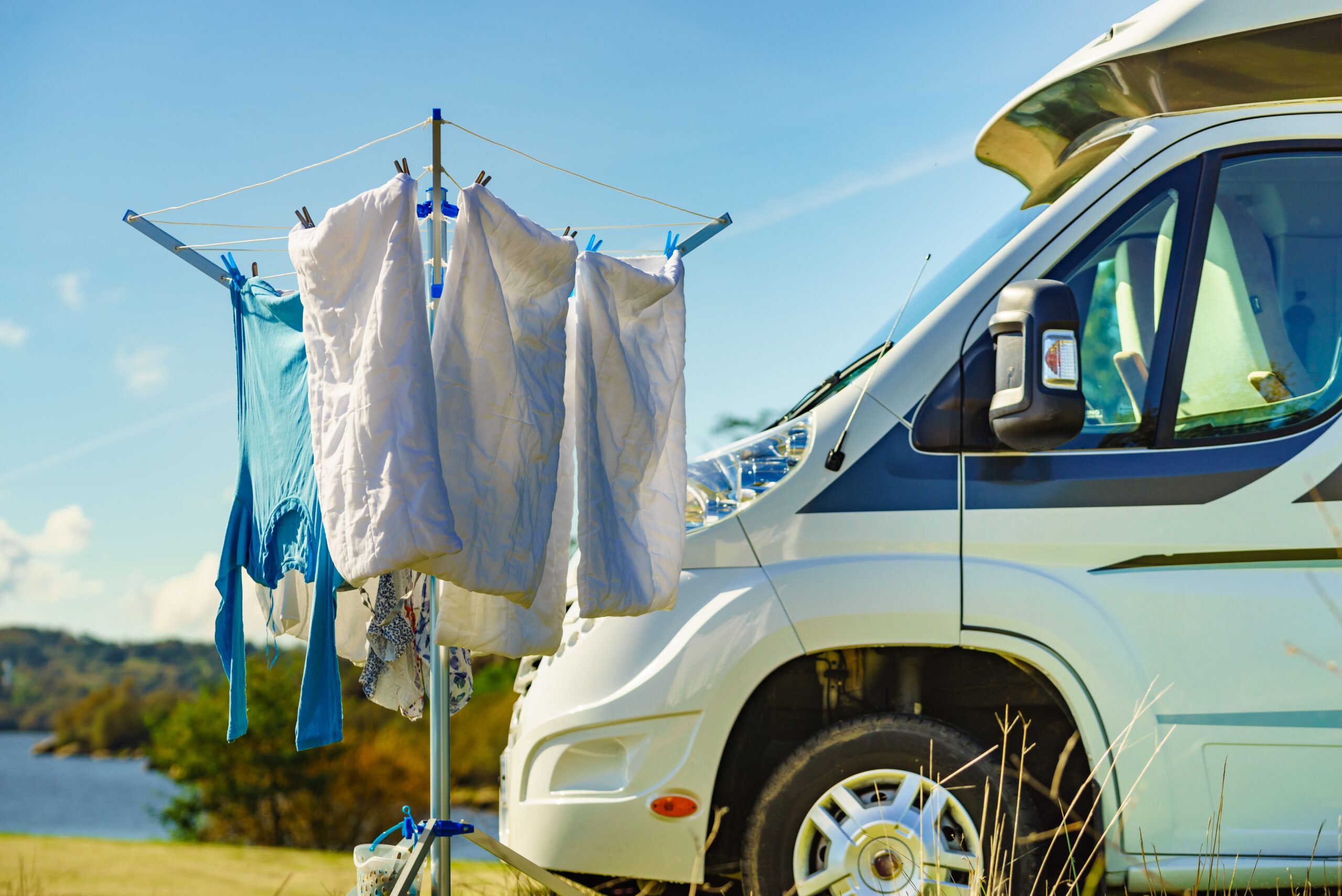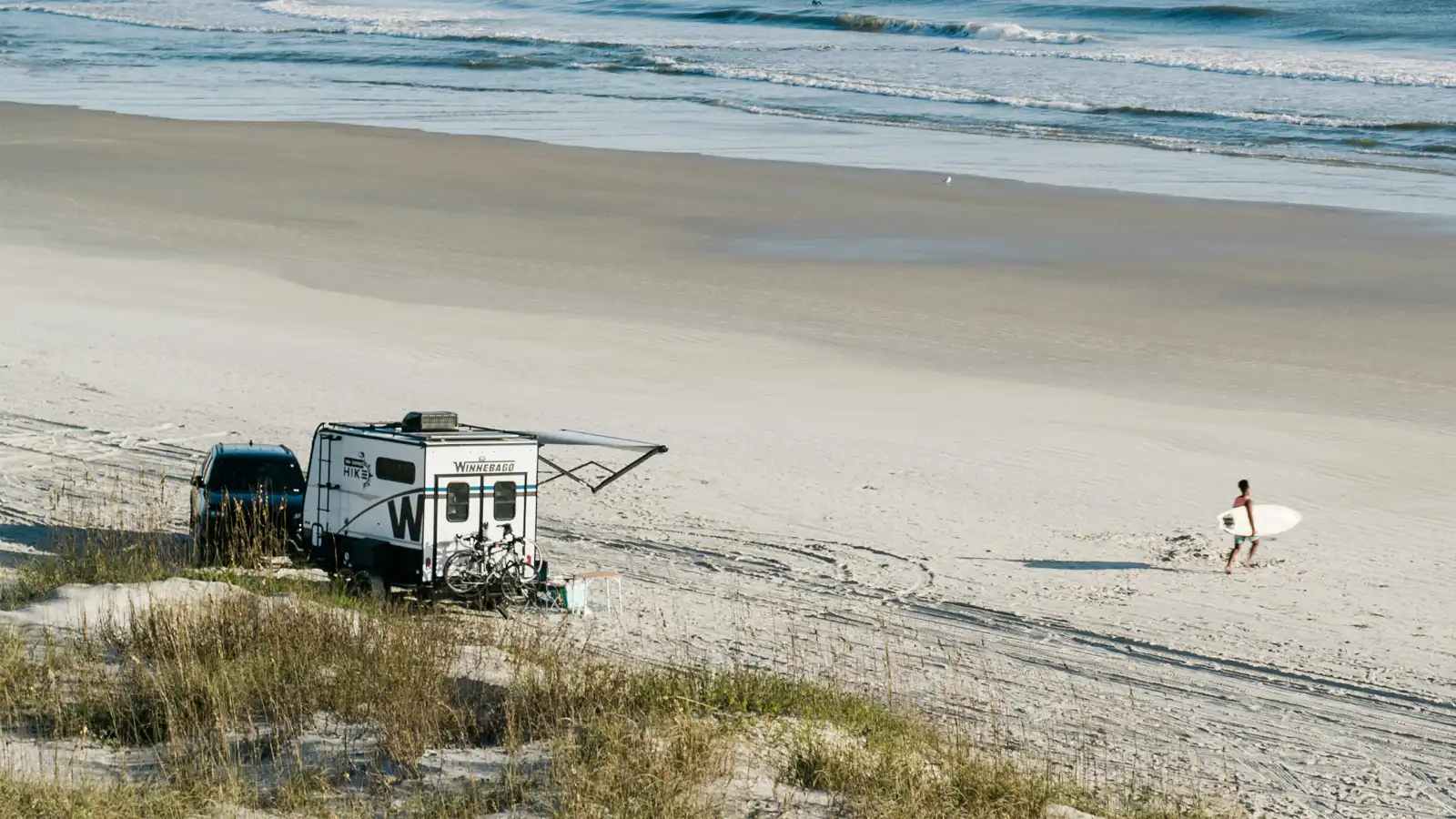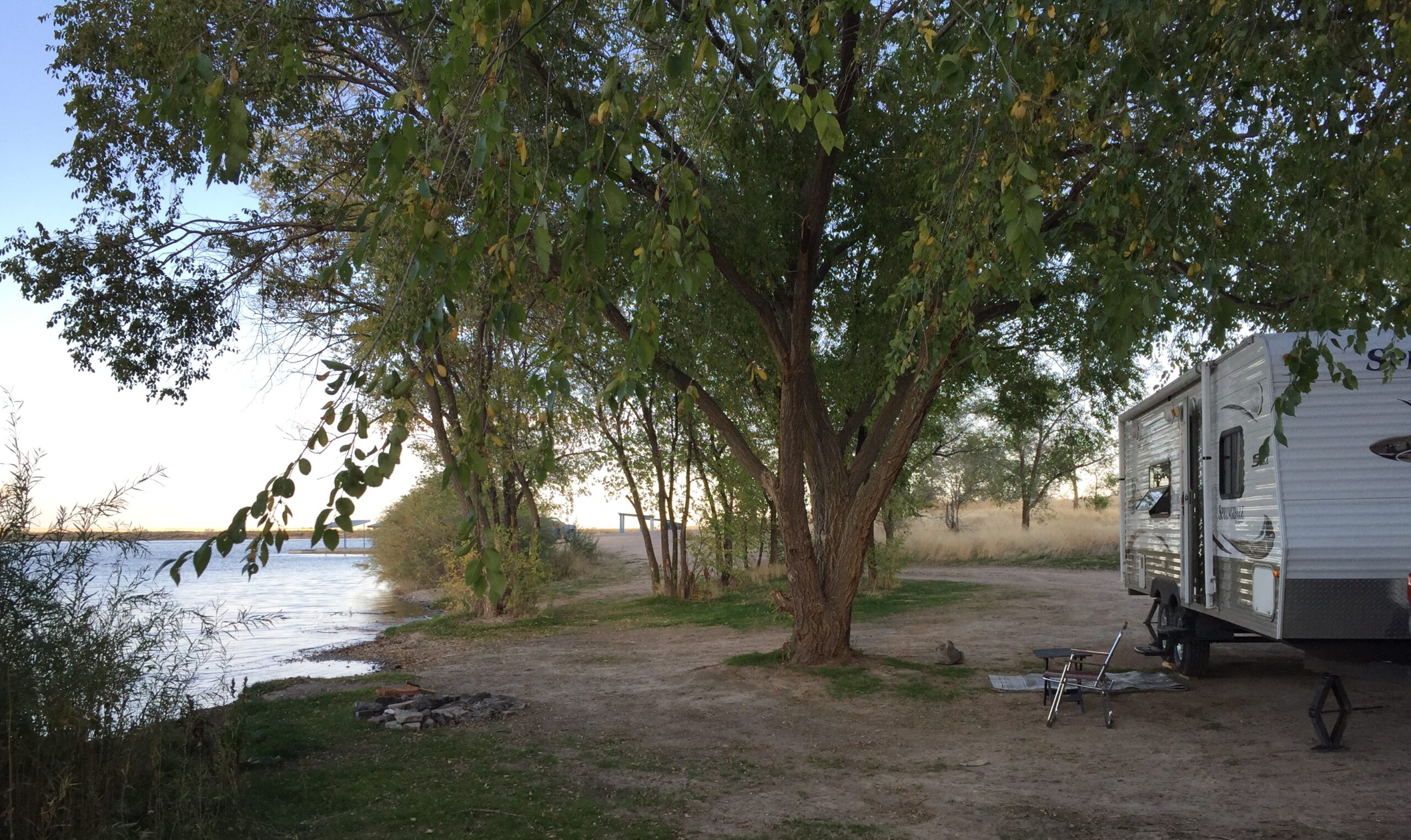
3 Tips For Going Off The Grid In Your RV
Thinking of going off the grid in your RV? There are many rewards to camping off grid in your RV, but before you go off grid for the first time, you need to become educated, prepared, and well practiced.
Start out right by following these 3 tips for going off the grid in your RV.
1. Do your research
Spend time learning everything you can about going off the grid in an RV. First-time off grid campers will want to concentrate on the following essentials: potable water conservation, batteries & conservation, battery recharging, and managing your gray water. If you have yet to purchase an RV, here are my top 5 features to look for in an off grid RV.
“Off grid RV living is feasible, but you do need the right equipment for the job.” Says blogger Megan Buemi
2. Be prepared
This includes having the right equipment for going off the grid. The most important items to consider are the education topics I mentioned above: potable water, batteries, and a way to recharge them.
Water
Equip your RV to carry sufficient water to meet your needs and the length of your anticipated off grid stay. You might install a larger or additional fresh water tank, carry extra water in portable water containers, or for those going off the grid for long periods of time, devise a way to transport water from a local source to your RV or possibly a method to treat water from a lake or stream.
Here are my top 5 fresh water tricks for going off the grid. Here are some tips on how to determine your daily water usage.
Batteries and conservation
The larger battery bank (total useable amp hours) you have equates to more freedom to run electrical items while going off the grid and longer periods of time between recharging. Conserving battery power also can extend your time between recharging. Here are my suggestions for conserving battery power. Here are 7 useful items that can help offset your need for shore power when camping off grid.
Recharging
Regardless of how large your battery bank is or how frugal you are using power you will eventually need to recharge your batteries when going off the grid. Here are 7 ways to obtain power while off grid camping.
Prepared off grid campers will also want to have a plan in place for when something goes wrong with an essential system in their RV when off grid. Here are my suggestions.
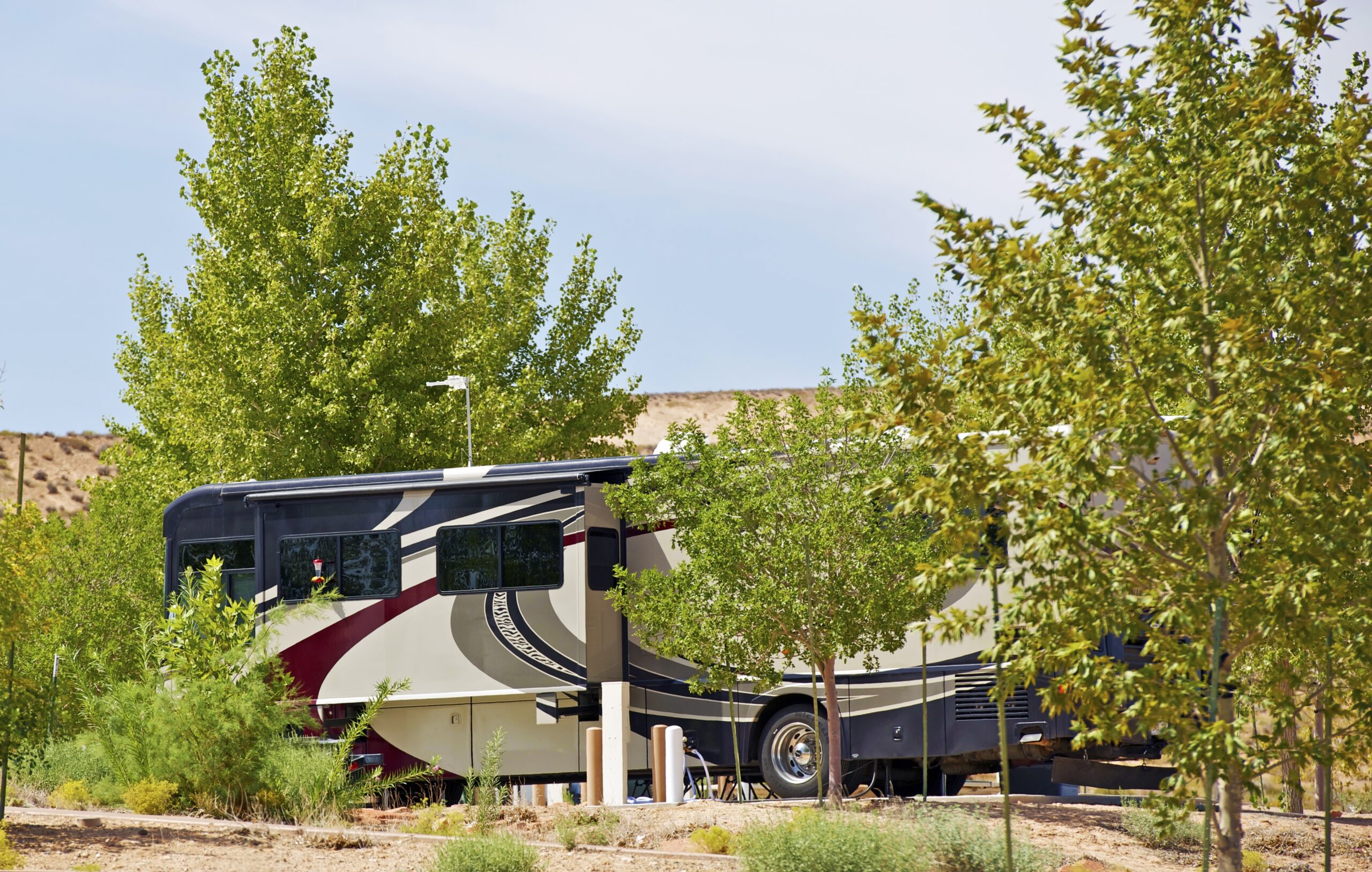
3. Practice
Once you have educated yourself and prepared your RV for going off the grid, you need to practice. Spend your first night “going off the grid” in your driveway or full hook up RV space without hooking up. By practicing living off your tanks and batteries, you will get a good idea how long you can survive without hookups.
If you find you depleted your water and filled your gray tank sooner than expected or wake up with a dead battery in the middle of a cold night, you can quickly remedy the problem with little inconvenience. Once you are comfortable with your off grid camping prowess, then wean yourself from hookups and head to your first off grid campsite.
Finally, going off the grid in your RV doesn’t need to be complicated or require expensive equipment, as this video demonstrates:
One of the best parts about RVing is engaging with the community of traveling enthusiasts. iRV2 forums allow folks to chat with other RVers online, and get other perspectives on everything RVing, including products, destinations, RV mods, and much more.

